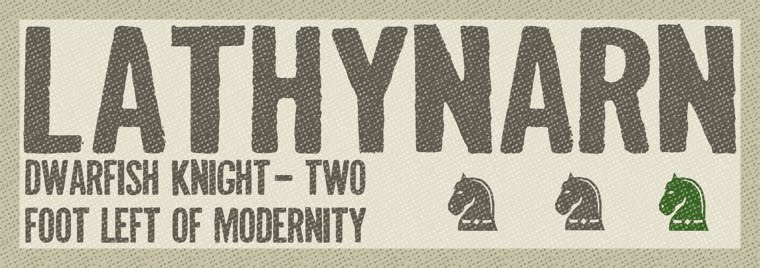Argument: … about running back.
“I wrote
a poem on
the Mysteries of Man and Crow
and of how the Above
came from Below.
“Poems
are pointless beasts –
they sing a mystery to all
the hillsides and lochsides
that never fill.
“They land
THUD! dull and thud
like a crow black on a plateau
that waits a century
to start its job.
“My rhyme
told how the crow
sat coldly, deafly, deadly dark
and crowlike in shiver
and dreadfulness.
“And then
the awfulness
began – its body broke and split
itself in two and bled
black feathers out.
“They lay
for a second
before joining to another
chick, another crow CRAW
itself to birth.
“Then four,
and then again
eight burst and divided themselves
to make sixteen of them.
Next thirty-two.
“And on
and on – the task
of crowdoubling continued on
past one sunset, one dawn,
creating them all.
“The flat
of the plateau
bumped itself and grew up upwards,
clouds scratching the hillock
the crows became.
“Black Hill
came from Crowhill
and grotesqueries of doubling
and on and on to form
the mountainside.
“See there
in my poem
the growing hill of crowcorpse piled
beneath a setting moon
with one live bird.
“Robin
living, flying
above grass and landing crowtop
on the hilltop singing
the song of crows.”
A short pause.
“I wrote
a poem on
the run from the authorities –
police chasing my lone
Bonnie-and-Clyde.
“I hid
where the coldest
hide – a black ditch in wintertime
and there, frozen, composed
an ice poem.
“I sang
the ditchdirt bold
and the dryness, the wherefores rang
a whyness at my words,
then came the birds.
“A crow
trickled to me,
lay crawing, dry clay layering
a pattern on feathers
and summoning.
“Fifty
more swept along
in this, my brief crowriver song,
they gathered at my feet
like bobbed fluid.
“Fifty
more swept along
like the rivers Clyde and Llwyd
strong in force, they stepped up
to my ankles.
“Fifty
more swept along
the aunts and uncles of the first,
the ancestor crowform,
the source, the well.
“Thousands
more swept along –
in hiding I then swam rivers
of crows and crowbodies,
a drowning stream.
“Thousands
on top thousands
each an atom in the water
crowbrother, -son, -daughter
-mother, -father.
“All crows
all ignorant
of the stream they were inside of
and were of and became
distant and further.
“I drowned
once in feathers,
twice on the bodies, thrice on fear
and was swept on away
from around here….
“Robin
landed on me
on my drowning corpse and body
of poems and whistled
his moonsong down.”
A short pause, the starlings mutter and sing mimetic songs.
“I wrote
a poem on
the train going through the forest
and the passengers looked
at both of us.
“The trees
were as oddly
built and ungodly as I was –
poet poemising
just-just because.
“I saw
the crows alight
on bare branches outwith the train
in their millions, they formed
the leaves again.
“Shadowed
wing, beak and claw
against the fall of the moonlight
against the wooded law
and wooded night.
“I’d lie
to say the trees
were crows and the crows trees if all
I required for truth
were good eyes.
“But night
shades the other
ways to paralyse the Other
Differences that come
with the sunrise.
“I saw
a tree made of crows,
a forest made of crows – Crowwood
plain outside the poet
and his window.
“And more
each tree was not
a tree at all but most crowlike
from the feathered rootballs
to each black twig.
“All crow,
all trickster, huge
in scale and black variety
in all these stolen trunks
and holes and burls.
“And all
their million eyes
came from the million other trees
we sped past in motion
ignoring croweyes.
“And through
the night –whoo! whoo! –
the night train whistle clarions
away while one lone bird
fights the crowpain.
“Robin
jumps from each branch
to branches, poor wee Cock Robin
sure to be killed by our
oncoming train.”
A short pause, the starlings mutter and sing mimetic songs, stealing what they must and throwing it back in a style to be wasted and washed-up and –out and watered to the birds.
“Now then,
now then – let’s go
and leave these crows behind and scram
in one-sound-words and be
the best in town.”
Lathy stood shadowed and redbreasted under the sky, a moon threatening to fall, and he looked to the road and the road to his eyes – the day came changing, the change of the day took Lathy and his squire, his narrator, away.
prev - 2.7 Clown War
next -
